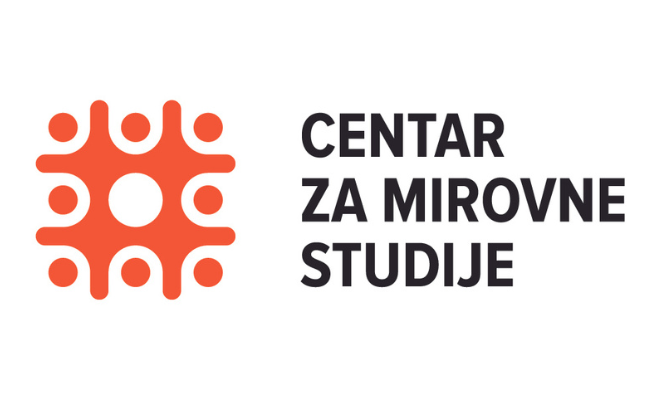Civic Education (CE)

Centre for Peace Studies has been engaged in Civic education (CE) through advocacy, education of teachers and associate specialists as well as supporting schools in their efforts to introduce and conduct CE.
Advocacy:
During the last five years we have been very active in this area within the GOOD Initiative (The Initiative for the Introduction of Systematic and Quality Education for Human Rights and Democratic Society), through creating advocacy materials and analyses, organizing round tables and conferences with key stakeholders, commenting the CE curriculum, and having meetings with representatives from relevant institutions. We also participated and contributed to two CE campaigns – one of which aimed to inform the public about CE, the other to gather support for the introduction of CE into the school curriculum. The goal of the Initiative is the quality introduction of Civic Education into formal education in Croatia.
We also conducted research dealing with violence and peace education as a response to violence: one survey dealt with the presence of peer violence among youth in Croatian schools, the other was titled ‘Studying for Peace’ – an analytical and normative foundation for the introduction of values, content and methods of peace education into the system of formal education. By publishing the ‘Ring for Peace’ book aimed at everybody involved in education, we have contributed to the understanding of peace education and advocated for the integration of peace education into the formal education system.
Education of teachers and associate specialists:
Within the framework of the experimental introduction of CE in school year 2012/2013, we have developed a curriculum and educated teachers in six schools, monitored and supported their work and efforts in integrating this content into their classes. In school year 2013/2014, we have expanded this process to eighteen schools, both primary and secondary, and offered their teachers and staff professional development courses and workshops with a focus on non-violence. These three educational cycles were comprised of two modules in which participants were introduced to the CE curriculum. The first module covers three structural dimensions of the Curriculum (social, human rights and intercultural dimensions of CE), the second is a practical module during which the participants have a chance to try out new teaching methods, prepare CE lessons as well as design school and community projects.
Special attention is given to peace education, i.e. the prevention of violence through CE. This is done through working on communication skills and conflict resolution, raising awareness of the problems, participatory and empiric teaching and learning methods, understanding the causes and developing activities to prevent violence, along with creating links between schools and communities (through joint activity planning) empowering them to conduct local community campaigns.
Centre for Peace Studies is also developing a specific work strain aiming at strenghtening the sistem for integration of children with minority and migrant background through education and community work. Part of this work is organizing Intercultural education trainings within the civic education framework.
Work on civic education is on an international level linked with advocating for Global Education, especially in the European context. CPS has from 2014 been the national coordinator for Global Education cooperating with various European networks.



